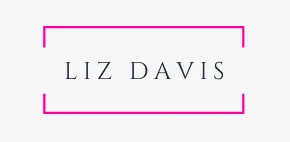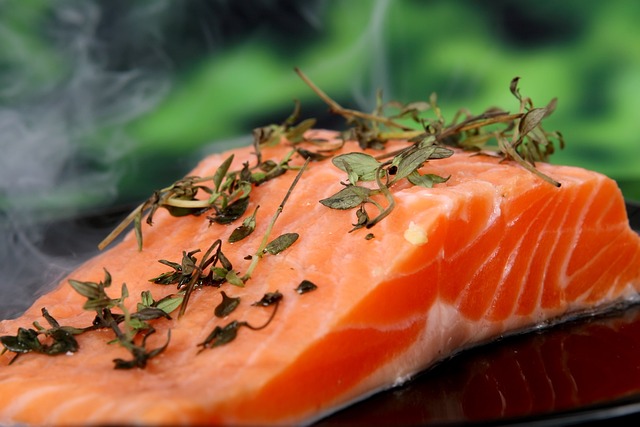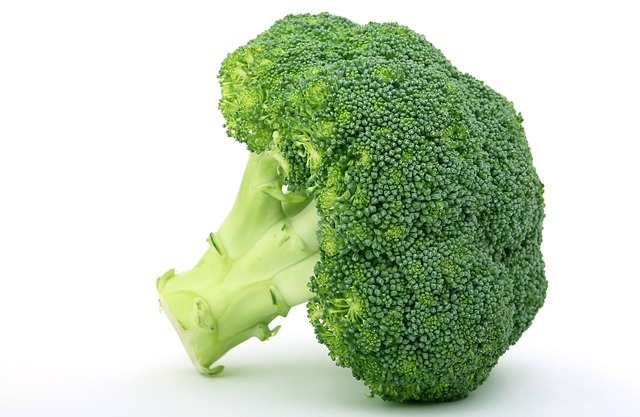If you’re female and pre-menopausal, a vegan or vegetarian, or you’ve got any kind of digestive problem you may well be at increased risk of iron deficiency. The link between iron deficiency and your gut is key.
This article will also take a closer look at what you need iron for, signs you may be deficient and how to increase absorption naturally through your diet.
Iron’s role in the body
Iron is an essential nutrient that performs hundreds of vital actions throughout the body. One of the most important though, is helping to transport oxygen from your lungs, through your blood to your tissues and organs.
Commonly, iron deficiency is linked to anaemia which means you aren’t producing enough healthy red blood cells.
You need iron in order to produce haemoglobin which is a protein found within your red blood cells. It’s the haemoglobin which carries oxygen from your lungs to the cells around your body.
Unfortunately if you haven’t got enough iron on board, you won’t be able to produce plentiful oxygen-carrying red blood cells. As you can imagine, this will leave you feeling fatigued and weak as your tissues and cells won’t be receiving the oxygen they need to carry out their functions.
Things don’t end there either: Iron is needed in multiple cells around the body to keep them healthy.
Iron deficiency & your gut
Iron also helps your gut function properly, as it plays a part in enzymatic reactions which help you digest and absorb. It also helps with hormone balancing and your metabolism.
Deficiency symptoms
The symptoms of an iron deficiency are many and far-reaching, but the more common ones tend to be –
– Weird food cravings, for example for ice or dirt
– Pale appearance
– Anemia
– Muscle weakness and difficulty exercising
– Shortness of breath
– Palpitations
– Hormone imbalances
Iron deficiency & your gut – who’s most at risk?
Those with GI issues or absorption issues, such as SIBO, or who restrict their diet. It’s really important to address your gut health if you have issues with iron. Especially since certain types of ‘less desirable’ gut bacteria, which proliferate in IBS and SIBO, for example, are known to gobble up iron.
In addition,
– Women with heavy periods
– Pregnant women
– Vegetarians and vegans
Are at increased risk.
Ensuring you’re eating a diverse diet can be a nightmare when you’re suffering with your gut, especially as so many of these ‘healthy’ foods are also big trigger foods. If this is the case for you I’d highly recommend downloading my online course The Ultimate Gut Health Programme to help you eat safely, whilst avoiding triggering symptoms.
It’d be impossible to include all you need to know in one blog, but the programme will have all you need to know to ensure you’re soothing your digestive system, whilst eating delicious and filling foods.
Heme iron and non-heme iron
Vegetarians and vegans are at high-risk of iron deficiency because although plant-based foods can be rich in iron, it’s not the type which is readily absorbed by the body. Plant foods are high in non-heme iron, which is difficult to absorb. Animal-based foods contain heme iron which is very easily absorbed. In fact the iron from fish, poultry and lean meat has been shown to be up to three times more readily available than that from plants.
Again, for more guidance around how to include all these foods into your diet, and for some inspiration check out the programme – it has loads of really simple recipes and meal plans – if that’s what you’d find useful. To really help you pull all this together – otherwise I know it can be overwhelming.
How you combine foods can help absorb iron
Foods which contain heme iron such as meat or fish will help you absorb the iron from non-heme (plant-based) foods. Combining these foods when you eat will ensure a healthy supply of iron.
What about if you’re vegetarian or vegan?
Nature has lent us a helping hand here! Vitamin C helps your body to absorb iron more efficiently. Luckily foods like spinach are a great source of both iron and vitamin C. Foods such as lentils and other pulses contain fantastic amounts of iron, but unfortunately we can’t absorb it that well. Unless we add a source of vitamin C such as peppers, chilli peppers or broccoli! This is the perfect way for vegetarians and vegans to increase their iron intake.
This may seem complicated, but if you’re eating a wide variety of nutritious, whole foods regularly throughout the day, you should have all bases covered. If you do this you’ll be unlikely to become iron deficient. Check out my online programme to help with this –
If you suspect you may be low in iron a simple blood test from your GP will determine whether this is the case. You can then supplement appropriately, if you need to. It’s not a good idea to supplement with iron (other than in multi vitamin and mineral supplements as these contain low levels of iron) unless you’re sure you definitely need a boost.
If you would like to speak to me about any aspect of your gut health, then please use this link to book into my diary for a FREE 30 minute chat so I can find out more about what is going on for you. Alternatively please use the ‘Learn More’ link below.
Free Mini Programme
Would You Like to Learn How to Fix Your Digestive Symptoms, Beat the Bloat and Feel Amazing?
1:1 Coaching Plans
Get Ready to Permanently Beat the Bloat, Soothe Your Digestion and Feel Amazing
Ultimate Gut Health Programme
Delicious, Filling & Inspiring ways to Become Symptom-Free, Soothe Your Gut and Enjoy Your Food Again!



